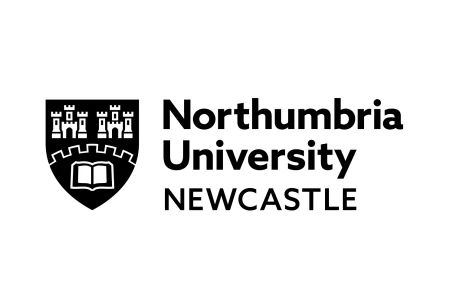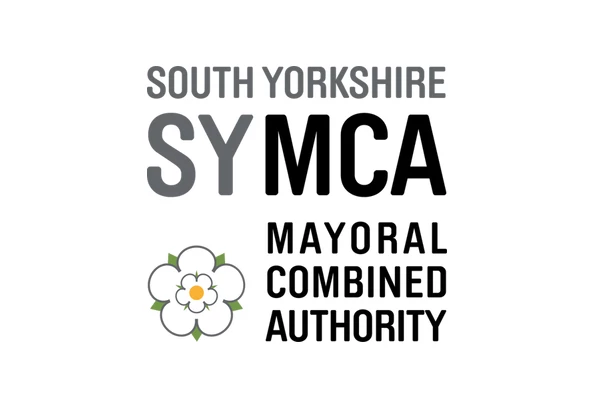
Member Article
Retirement Insights: Underfunded, under-risked and underwhelmed
Research supports assumptions that would-be retirees are saving too little, taking too little risk and have limited knowledge.
Research published by The Wisdom Council (TWC), suggests that cash and property are trusted more than pensions, with some people seeing these options as “safer” and in the case of property “a better bet” for retirement.(1)
The study, which was produced with support from St. James’s Place, attempts to build a picture of attitudes among future retirees to understand how well they are rising to the saving challenge.
It reveals that knowledge about existing pension arrangements is woeful; savings outside occupational or personal pensions are concentrated in cash; and each generation sees equity in their property as their ticket to financial security.
Safe as houses?
Despite the fact that many among the younger generations are struggling to get on to the housing ladder, and older generations recognise the potential need to fund the cost of later-life care, almost two fifths of participants said their home would be the principle source of funding to support their retirement income.
As one of those surveyed said: “I plan to sell my home, move out of London, buy a property to live in and another to rent out and that will be my pension. I think the best plan long term is to put it into bricks and mortar.”
Nevertheless, separate research from the Financial Conduct Authority(2) shows that just 3% of people use money from downsizing or equity release to support themselves in retirement, suggesting that when push comes to shove, very few willingly give up the family home. Furthermore, recent tax changes have made generating an income from buy-to-let properties more challenging.
Risk register
The value of taking more risk for greater potential returns was acknowledged by around half of those in TWC’s study, but risk aversion is alive and kicking – although many consumers are taking unintended risk through their reliance on cash or their family home as a store of wealth. For many, the fear of losing money outweighs the knowledge they should be taking more risk, and as a result, there is a huge reliance on cash. In fact, almost half prefer not to take any risks at all with their savings, even if it leaves them short of money in later life.
Moreover, gender pay and pensions gaps are exacerbated by a lower propensity amongst women to invest outside their pension, while proportionately more women claim that career breaks have impacted their long-term financial future.
Negative connotations
Where pensions are concerned, few feel confident in understanding how these highly tax-efficient plans work. Broadly, participants didn’t realise that their workplace pension invests on their behalf, and only 8% understood they might have a choice about how that money is invested. Awareness of tax relief on pension contributions is also very poor – only one in five recognise this as a feature of defined contribution pension schemes.
“I think the word ‘pension’ scares a lot of people, it’s got a bad feeling,” said one participant in the focus group. “It’s just like a minefield,” said another. However, given that fewer than a third of participants had ever taken financial advice, and just a quarter of those were seeking ongoing advice, it is perhaps not surprising that misconception and mistrust is rife.
“We talk to investors on a daily basis through our work, and even we were surprised by the huge gap in pension understanding,” says Dawn Hyams, Head of Investor Insight and Governance at TWC. “It isn’t that customers don’t want to know – they were hugely engaged in the focus group sessions we ran – but they are still at a loss when it comes to most communications around their retirement savings.”
Schools of thought
Many believe that financial education is the key to developing good savings habits, and the transition into adulthood and working life seems to be a key time to engage and inform.
“If education was provided at an early stage it could help to shape better savings habits. Not everyone will be in a position to save straight away, but leaving financial planning until the pre-retirement phase is way too late for most,” suggests Ian Price, divisional director at St. James’s Place.
“The workplace offers a unique opportunity for individuals to access guidance and information. This may be supported by regulated financial advice for those who need it.”
“A financial adviser will give you a personalised recommendation based on your own individual circumstances — whether you’re saving for your future or selecting your retirement income options. If you’re facing a big decision on which a lot of money depends, financial advice can be invaluable,” says Price.
PSG Wealth Management Ltd is a partner practice of St. James’s Place Wealth Management based in Wynyard, County Durham. The firm specialises in providing high quality personal advice on wealth management to clients looking to build, protect or preserve their wealth.
The value of an investment with St. James’s Place will be directly linked to the performance of the funds you select and the value can therefore go down as well as up. You may get back less than you invested.
The levels and bases of taxation, and reliefs from taxation, can change at any time and are generally dependent on individual circumstances.
1 The report reflects both the insights from conversations with 35 individuals in January and February 2018, and the results of a wider online survey conducted with over 2,087 UK individuals in March 2018 (Age base: 18-34: 29%, 35-54: 34%, 55-74: 29%, 75+: 9%. Gender: 49% male, 51% female).
2 Retirement Outcomes Review Interim Report, Financial Conduct Authority, July 2017.
This was posted in Bdaily's Members' News section by PSG Wealth Management Ltd .



 How advancements in technology are shaping the future of the economy in North East England
How advancements in technology are shaping the future of the economy in North East England
 South Yorkshire Craftsmanship and Innovation: A Tale of Heritage and Growth
South Yorkshire Craftsmanship and Innovation: A Tale of Heritage and Growth
 Demystifying Degree Apprenticeships
Demystifying Degree Apprenticeships
 Industry-focused apprenticeships pave the way for a bright future in science manufacturing
Industry-focused apprenticeships pave the way for a bright future in science manufacturing
 What’s the best hosting plan for a business website?
What’s the best hosting plan for a business website?